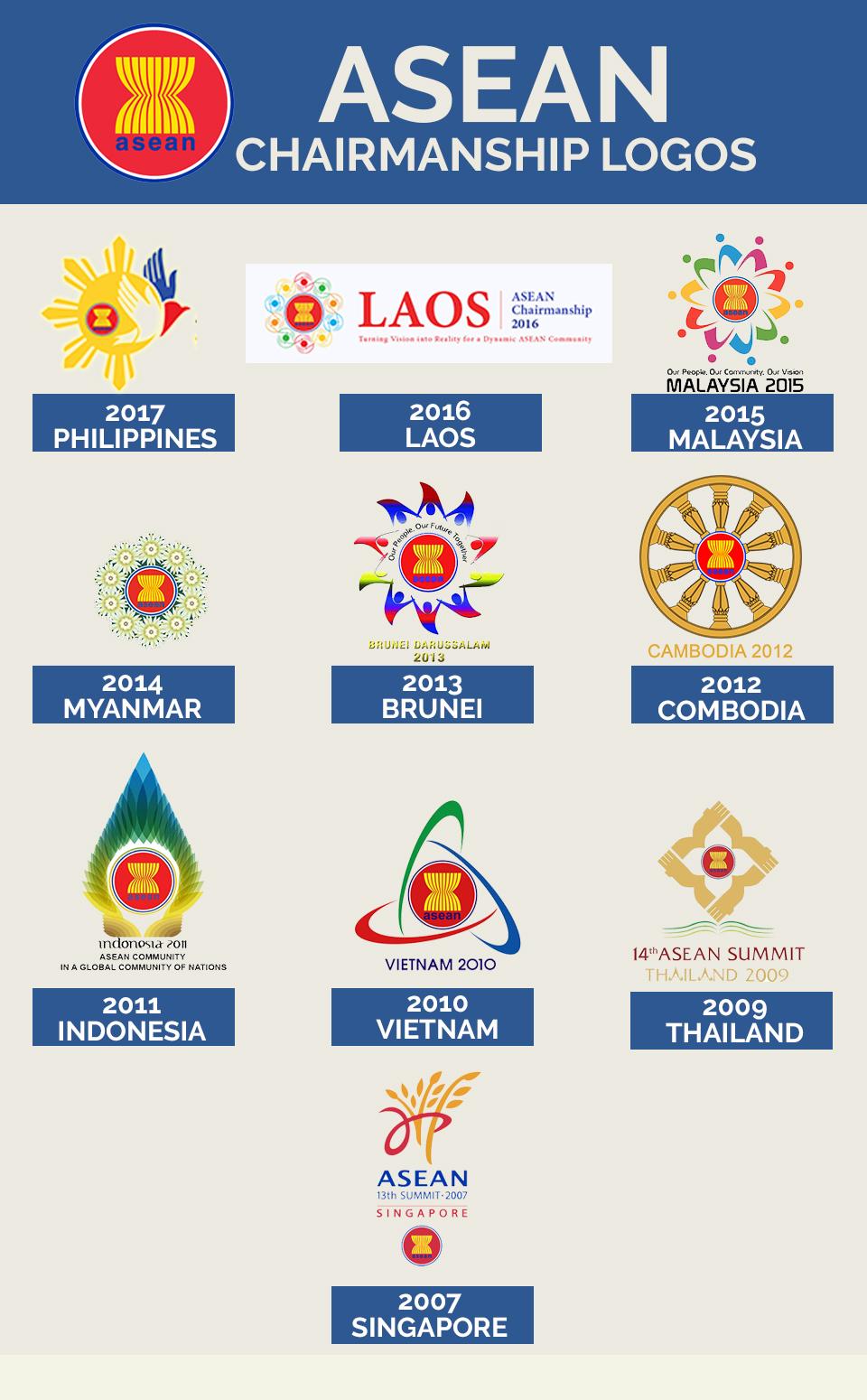ASEAN 2017: Regional economic ties are 'strategically important' to PHL
Improving economic ties under the Regional Comprehensive Economic Partnership (RCEP) will be a big boost to the Association of Southeast Asian Nations (ASEAN) and its trading partners, according to an economist.
"It is strategically important because it will bolster our government's efforts to expand markets and participate in productive trade based on specialization and comparative advantage," Cid L. Terosa, Dean of the School of Economics of the University of Asia and the Pacific, told GMA News Online.
The RCEP is a free trade agreement that comprises the ASEAN member states and six partners – Australia, China, India, Japan, Republic of Korea, and New Zealand.
Among the important topics that must be discussed are overseas developments, Terosa noted. "Policies of the Trump administration and its effects on ASEAN, changing perspectives of globalization and integration and economic sovereignty over disputed territorial waters."
Trade Secretary Ramon M. Lopez said this year's ASEAN summits will also focus on negotiations for the RCEP to come to fruition.
ASEAN counts Brunei Darussalam, Cambodia, Indonesia, Laos, Malaysia, Myanmar, Philippines, Singapore, Thailand and Vietnam as members.
The latest data from the ASEAN Secretariat showed intra-ASEAN trade totaled $543.751 billion in 2015, with exports totaling $305.693 billion and imports amounting to $238.059 billion.
Extra-ASEAN trade totaled $1.726 trillion, with exports at $876.338 billion and imports at $850.220 billion.
30th ASEAN Summit
RCEP members account for almost half of the world's population, almost 30 percent of the global gross domestic product, and over a quarter of the world's exports. It is also projected to have combined gross domestic product of about $22.7 trillion.
In November, Finance Secretary Carlos G. Dominguez III said the country is likely to put prospects of joining the US-initiated Trans-Pacific Partnership Agreement (TPP) in the back burner and take a closer look at the possibilities surrounding RCEP.
This week, ASEAN leaders are arriving in Manila for the 30th ASEAN Summit:
- Sultan Haji Hassanal Bolkiah of
- Prime Minister Hun Sen of Cambodia
- President Joko Widodo of Indonesia
- President Bounnhang Vorachith of Laos
- Prime Minister Najib Razak of Malaysia
- State Counselor Aung San Suu Kyi of Myanmar
- Prime Minister Lee Hsien Loong of Singapore
- Prime Minister General Prayut Chan-o-cha of Thailand
- Prime Minister Nguyen Xuan Phuc of Vietnam
The Department of Budget and Management (DBM) has allocated P15 billion from the Office of the President this year for the year-long Philippine hosting of the ASEAN meetings and events.
Most of the money will finance the accommodations of dignitaries, with a chunk to pay for car rentals of high-profile delegates.
Official meetings will begin on Wednesday, April 26, starting with the Committee of Permanent Representatives to the ASEAN.

Bilateral talks
Senior officials of the Brunei Darussalam-Indonesia-Malaysia-Philippines East ASEAN Growth Area or BIMP-EAGA are also scheduled to meet on Thursday, April 27.
Most of the meetings will be on Friday, April 28, when the ASEAN Foreign Ministers' Meeting will take place.
On Saturday, April 29, ASEAN leaders will hold talks with representatives of the ASEAN Youth, as well as representatives of civil society organizations.
The 12th BIMP-EAGA Summit, and the 10th Indonesia-Malaysia-Thailand Growth Triangle (IMT-G) Summit are scheduled the same day.
President Rodrigo Duterte is slated to have bilateral talks with Indonesian President Joko Widodo and Brunei Sultan Hassanal Bolkiah on the sidelines of the summit.
This week's summit is the first of two leaders' meetings for the year, with the 31st ASEAN Summit and Related Summits to be held in November.
Expected to attend are officials of ASEAN dialog partners Australia, China, India, Japan, New Zealand, Republic of Korea, Russia and the United States.
Regional data showed ASEAN is the sixth largest economy in the world with a gross domestic product expected to reach $3.5 trillion by 2021.
The ASEAN grew 4.6 percent in 2016, after attracting some $121 billion in foreign direct investments (FDIs) in 2015. — VDS, GMA News




